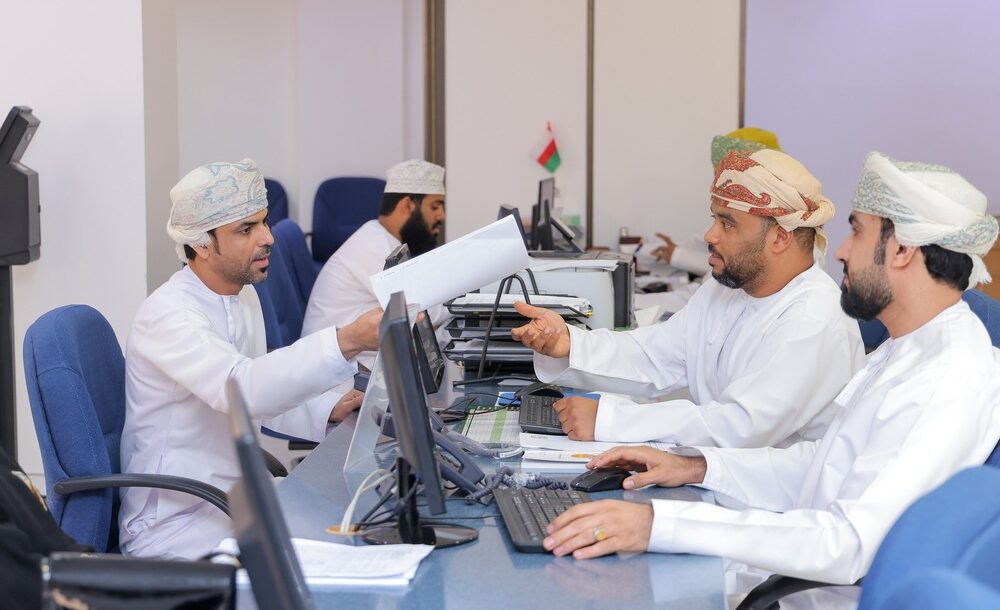Muscat: As part of its sweeping modernization efforts, Oman has introduced a comprehensive legal framework led by the new Labour Law, ensuring justice, equality, and non-discrimination in the workplace. The law regulates wages, contracts, and occupational health standards, while emphasizing institutional oversight and fair recruitment practices.
Government and private entities are working in tandem to strike a balance between operational flexibility and job security. This includes promoting mental and physical well-being, expanding reporting and complaint systems, and empowering labour inspectors to proactively address disputes before they escalate.
The law reinforces job fairness across all stages, from recruitment to termination, ensuring that workers’ rights are protected. Employers are required to retain Omani workers in relocated projects while maintaining their benefits, reflecting a national commitment to workforce stability.
Read More
- Oman’s tourism takes centre stage in London with 3 awards and new regional alliance with Qatar
- Oman’s ‘Distinguished Companies’ power national growth, employ over 140,000 citizens
- Oman sets digital economy target at 10% of GDP as first phase nears completion
- His Majesty the Sultan congratulates the King of Cambodia on national day
- Al Dakhiliyah pushes 82% project completion ahead of schedule, advances Oman’s Vision 2040
In healthcare, employers must contribute to medical coverage, complemented by government-provided social security. The pension system, built on shared contributions between workers and employers, continues to evolve toward unified standards that protect all workers, including those in irregular employment.
Wage reform remains central to social stability and productivity. The law caps the workweek at 45 hours and sets mandatory overtime compensation, ensuring fair treatment across industries. Additionally, Oman has placed significant emphasis on training its workforce for a knowledge-based economy through initiatives such as the National Strategy for Professional Standards, which has developed 86 professional standards and issued over 22,000 licenses to date.
The establishment of the National Human Resources Development Fund marks a new era in supporting Omani talent. The fund finances training and empowerment programs within the private sector, further enhancing workforce competitiveness and aligning with Vision 2040 goals.
Experts and stakeholders have praised the reforms for protecting workers’ rights while supporting business growth. Youssef bin Khasib Al Busaidi from the General Federation of Workers highlighted that the law brings Omani labor standards closer to international benchmarks. Legal expert Dr. Ahmed bin Ali Al-Abri emphasized the inclusion of strong legal guarantees, including gender and wage equality, and safeguards against arbitrary dismissal.
Business leaders, like Abdullah bin Ahmed Al-Dhahli, view the reforms as a win-win for both investors and employees, noting that government incentives for hiring and training Omanis will boost productivity and long-term loyalty within companies.
While Oman’s labour transformation is widely recognized as a model of progress in the region, authorities stress that the real challenge lies in ensuring consistent implementation across institutions.







